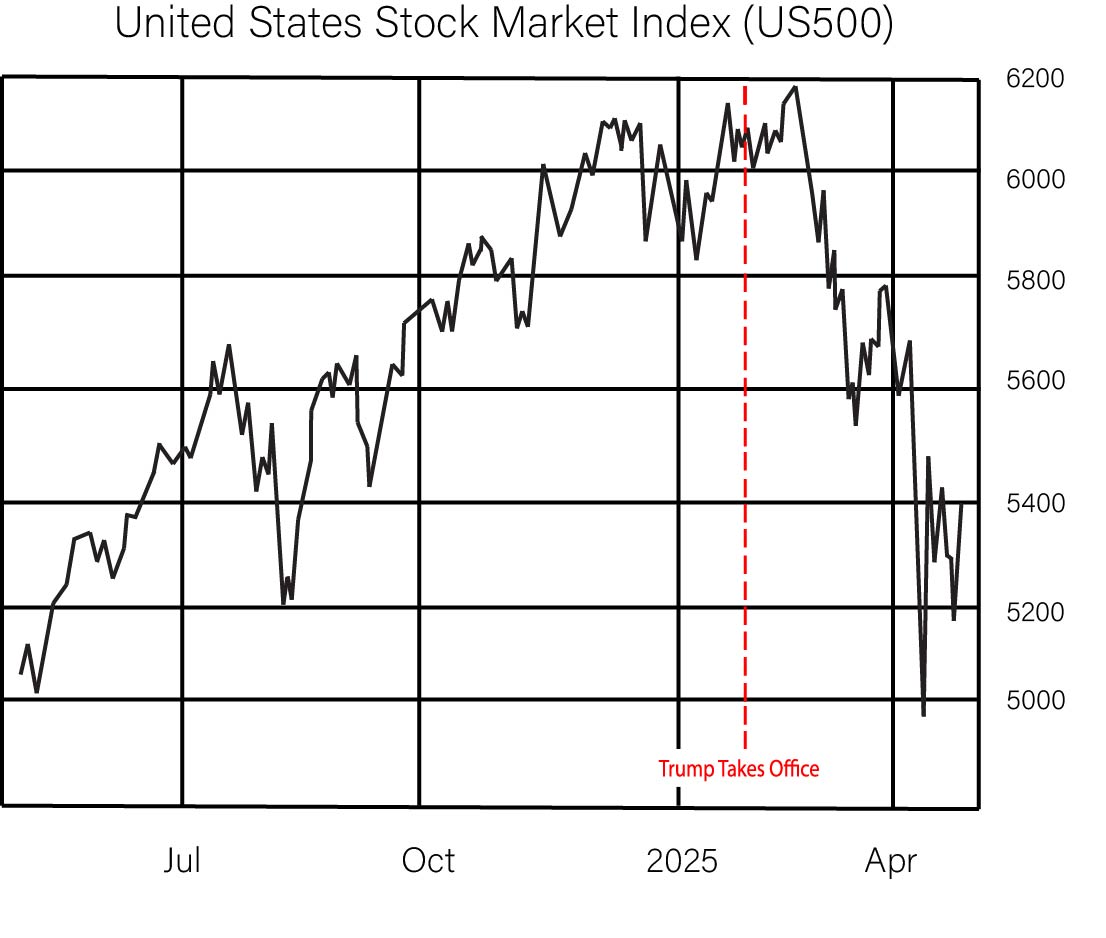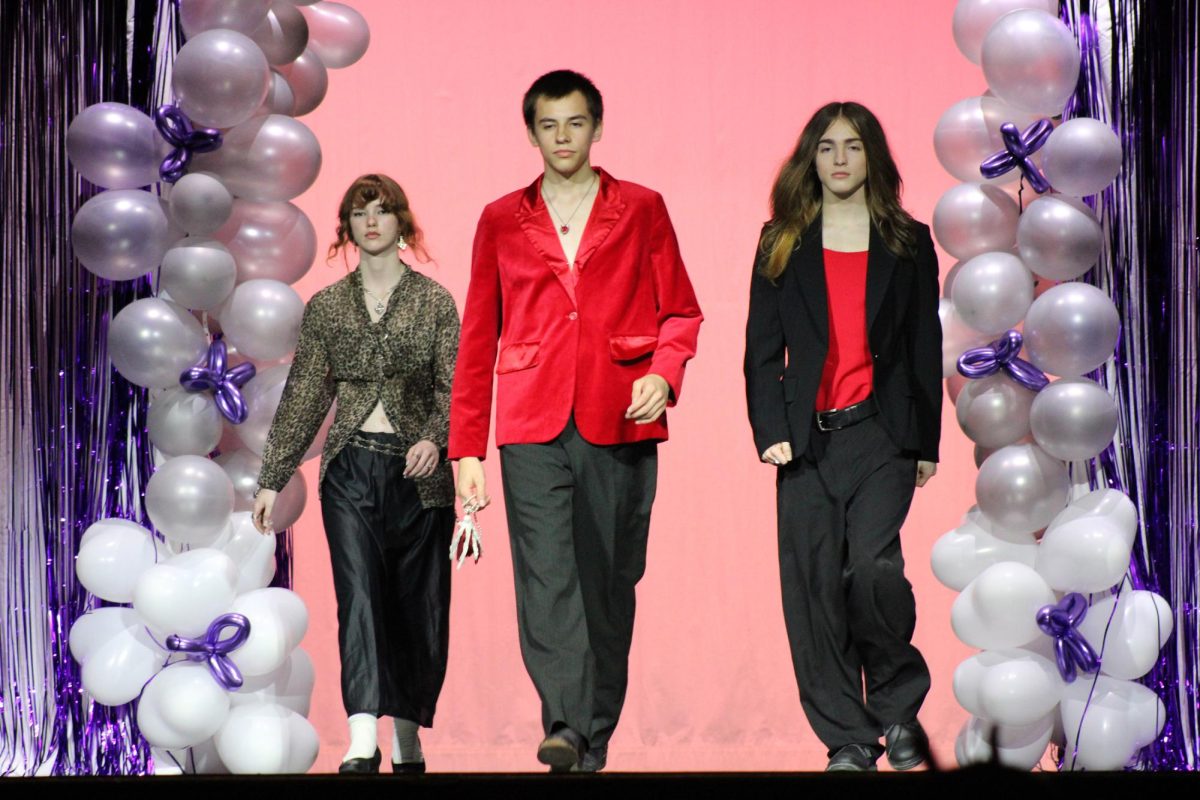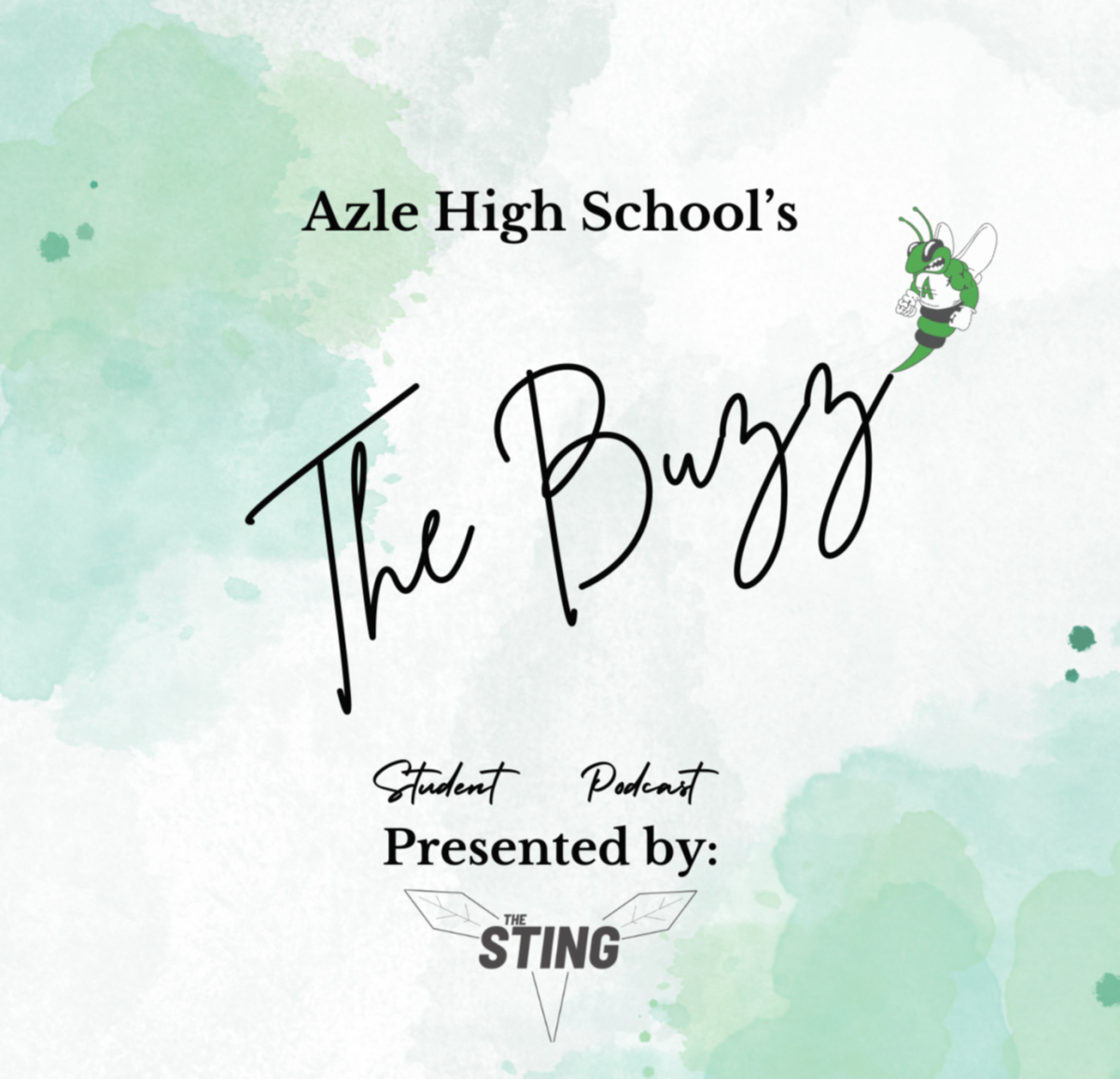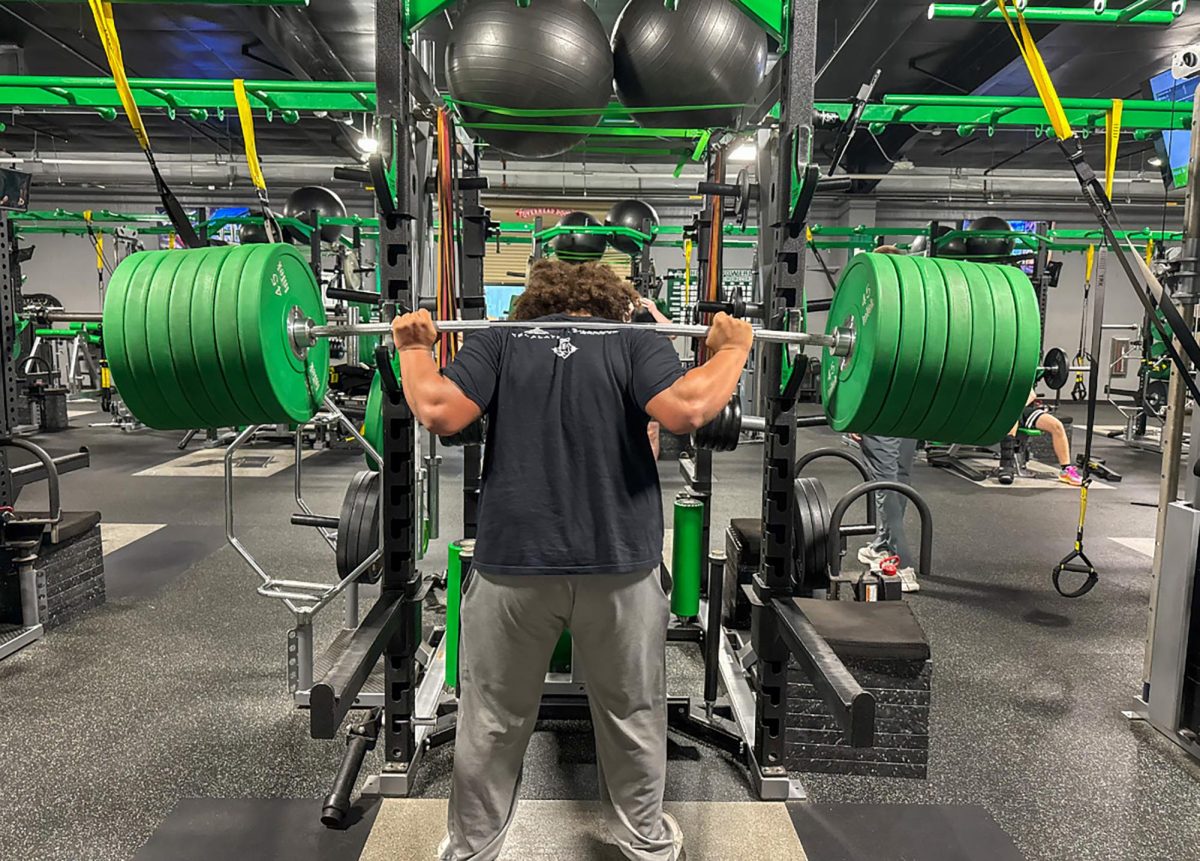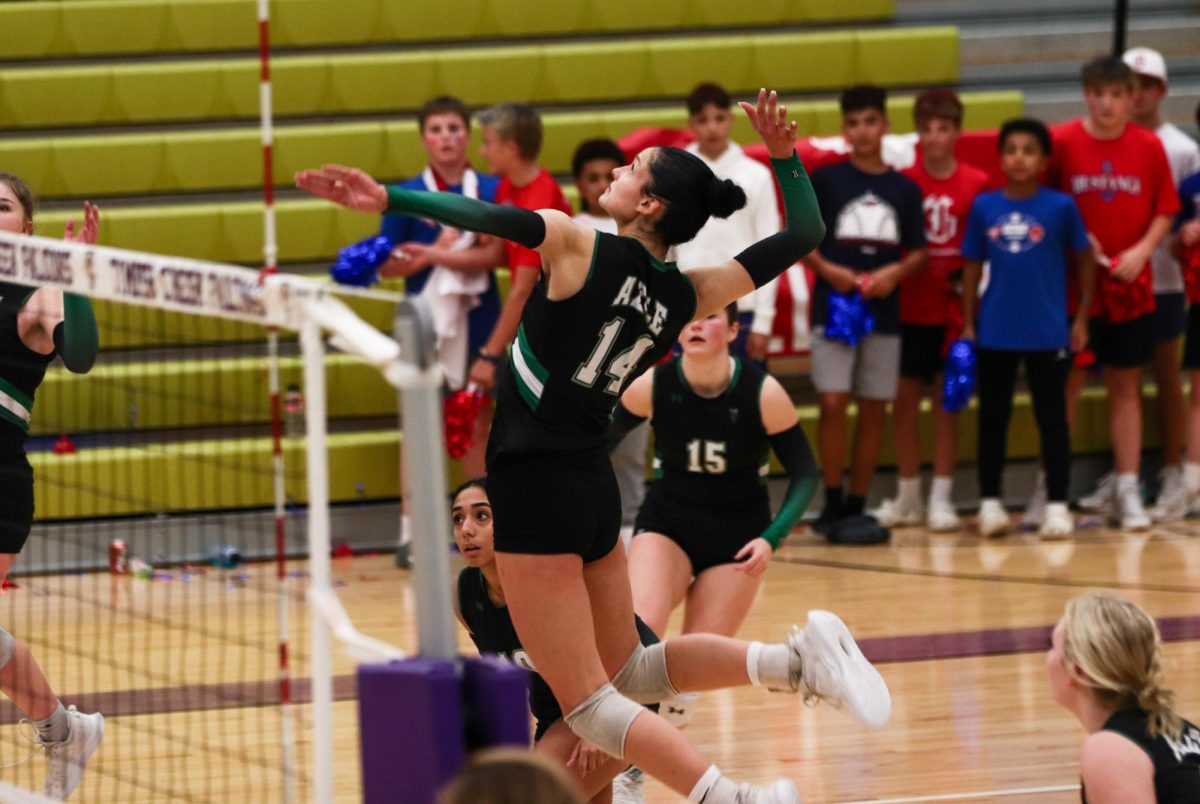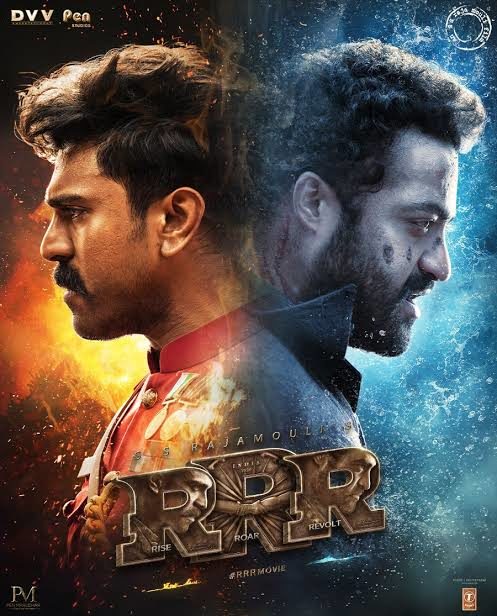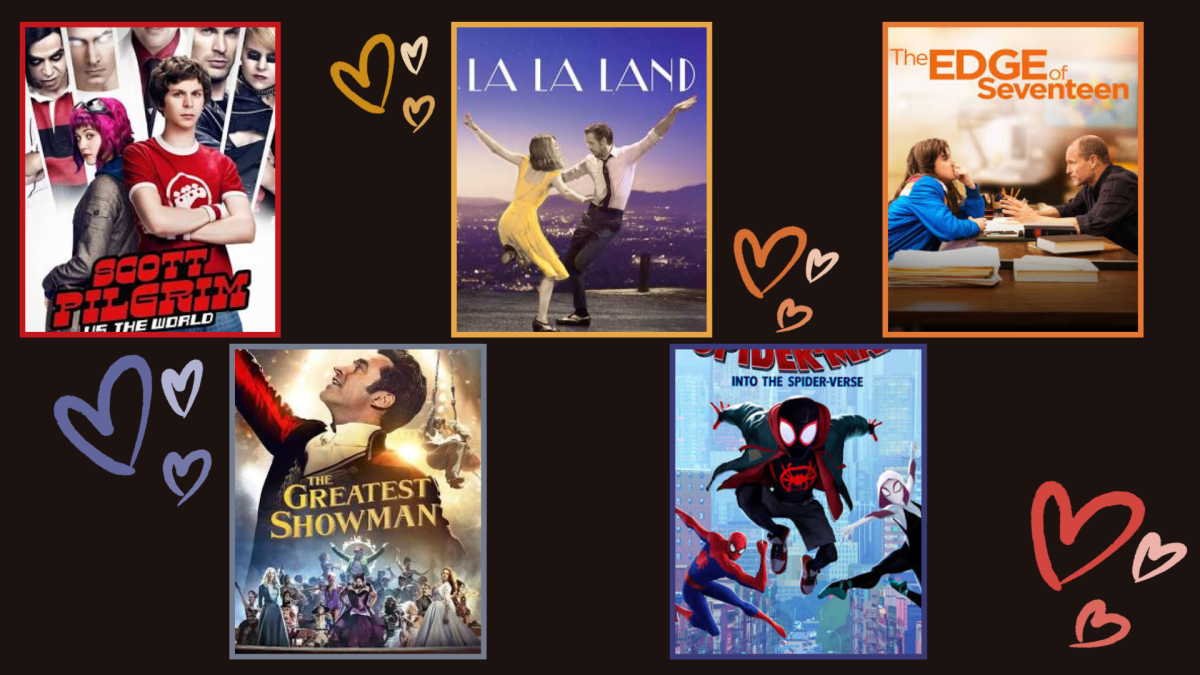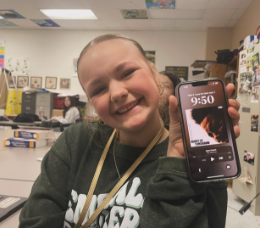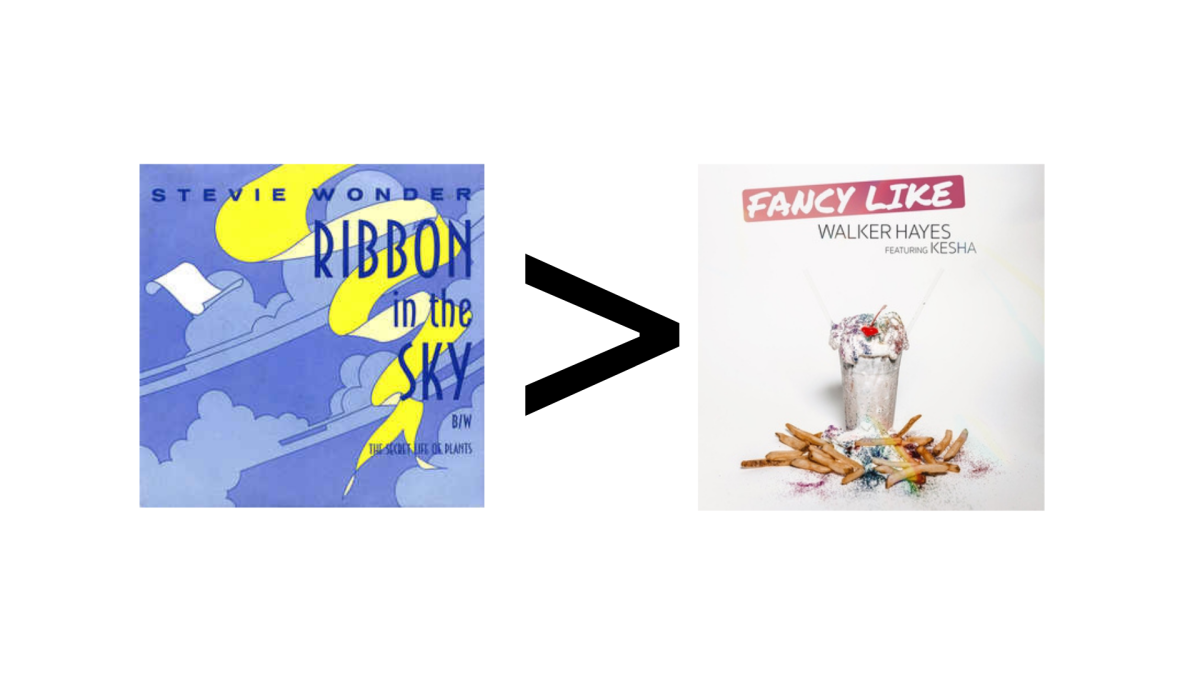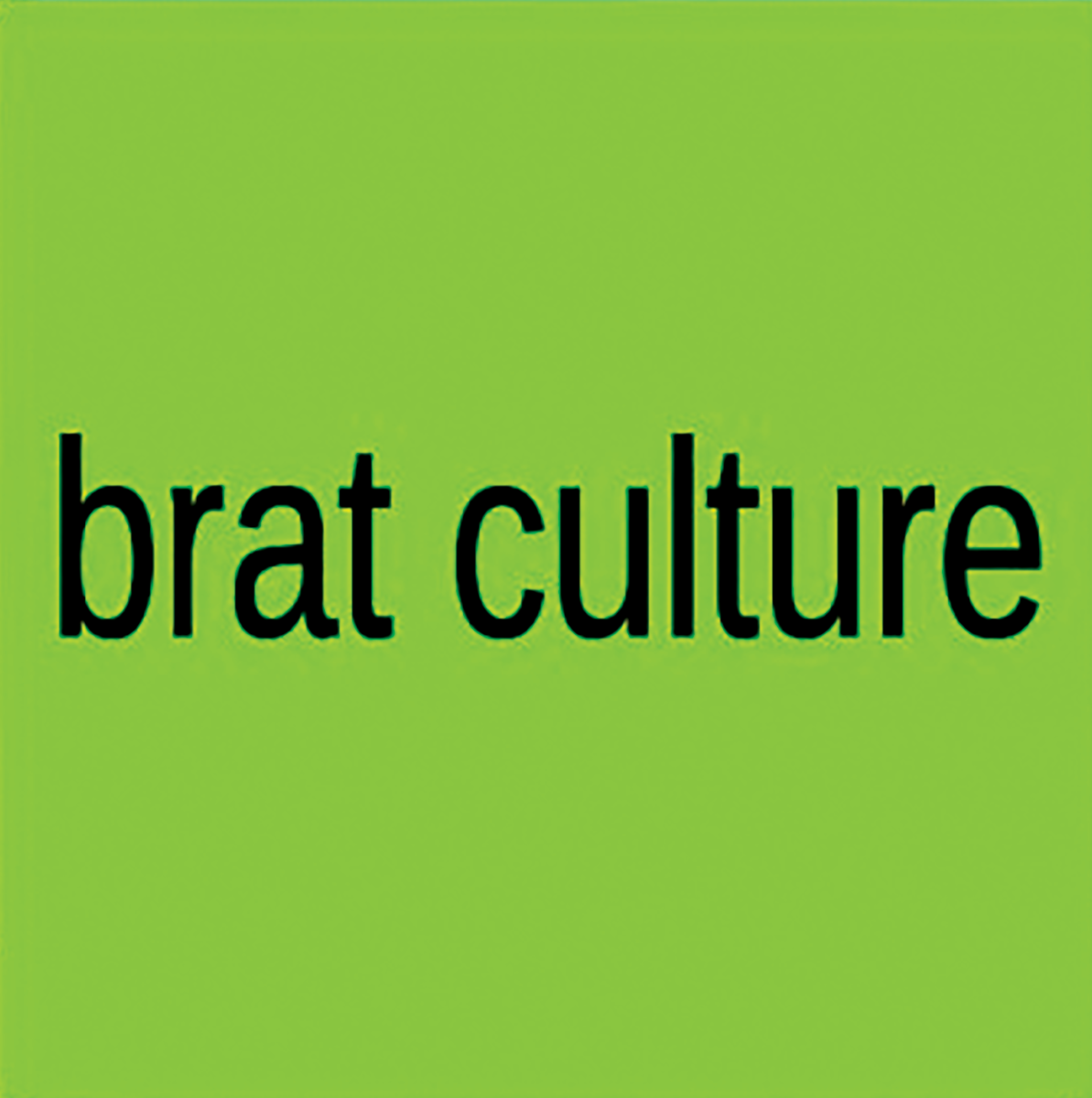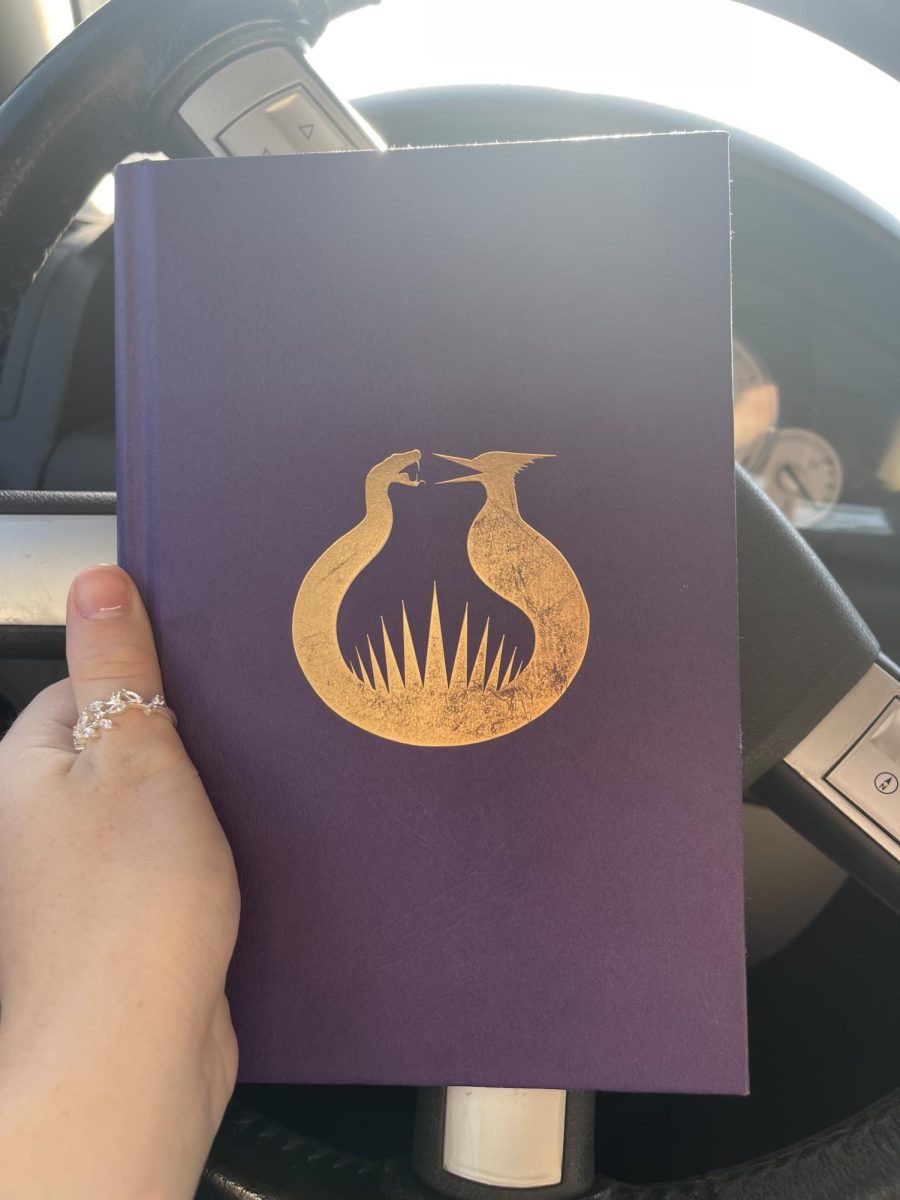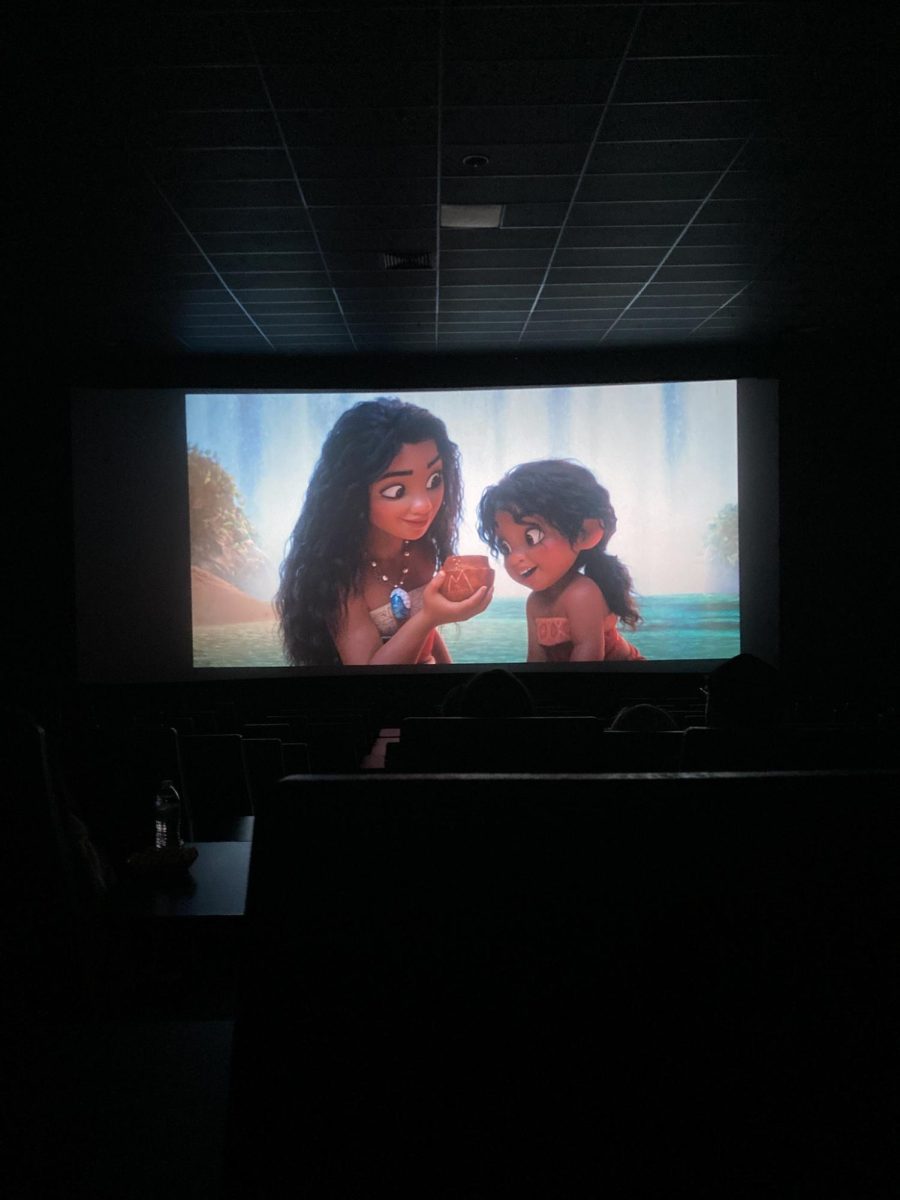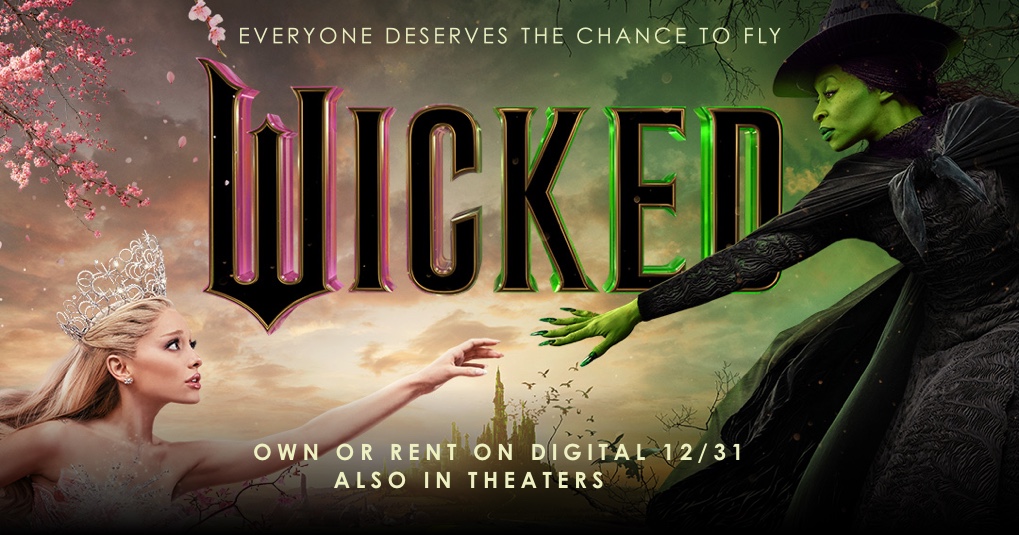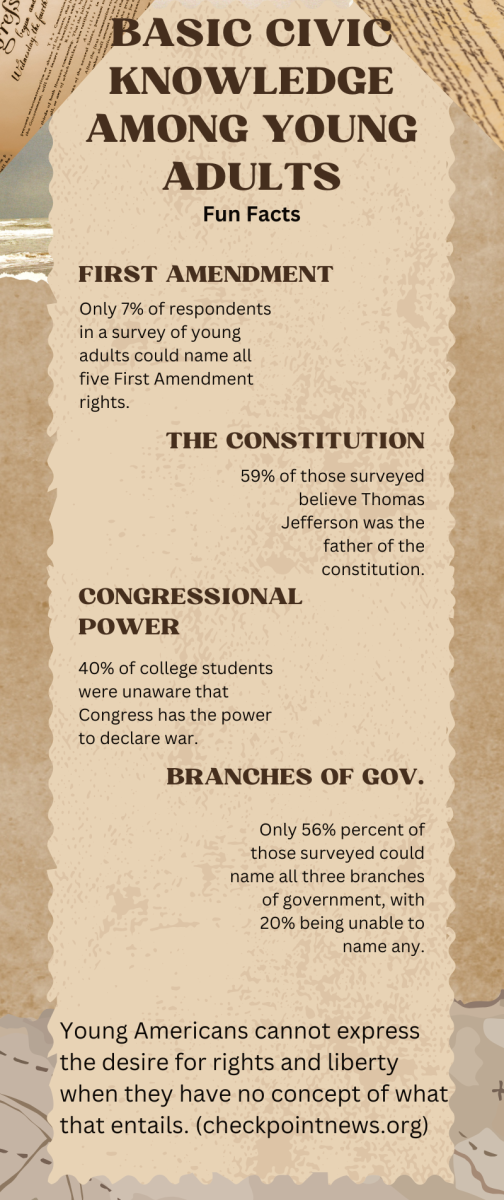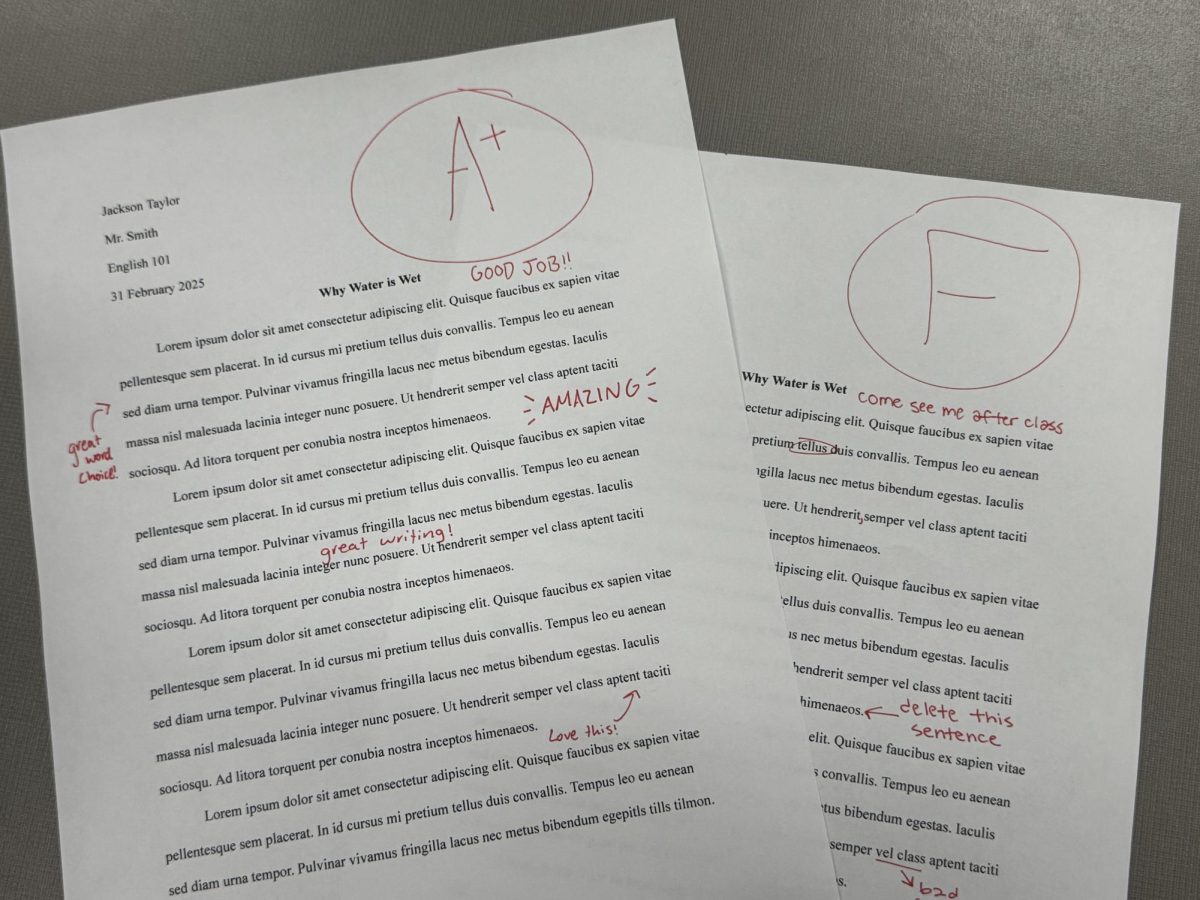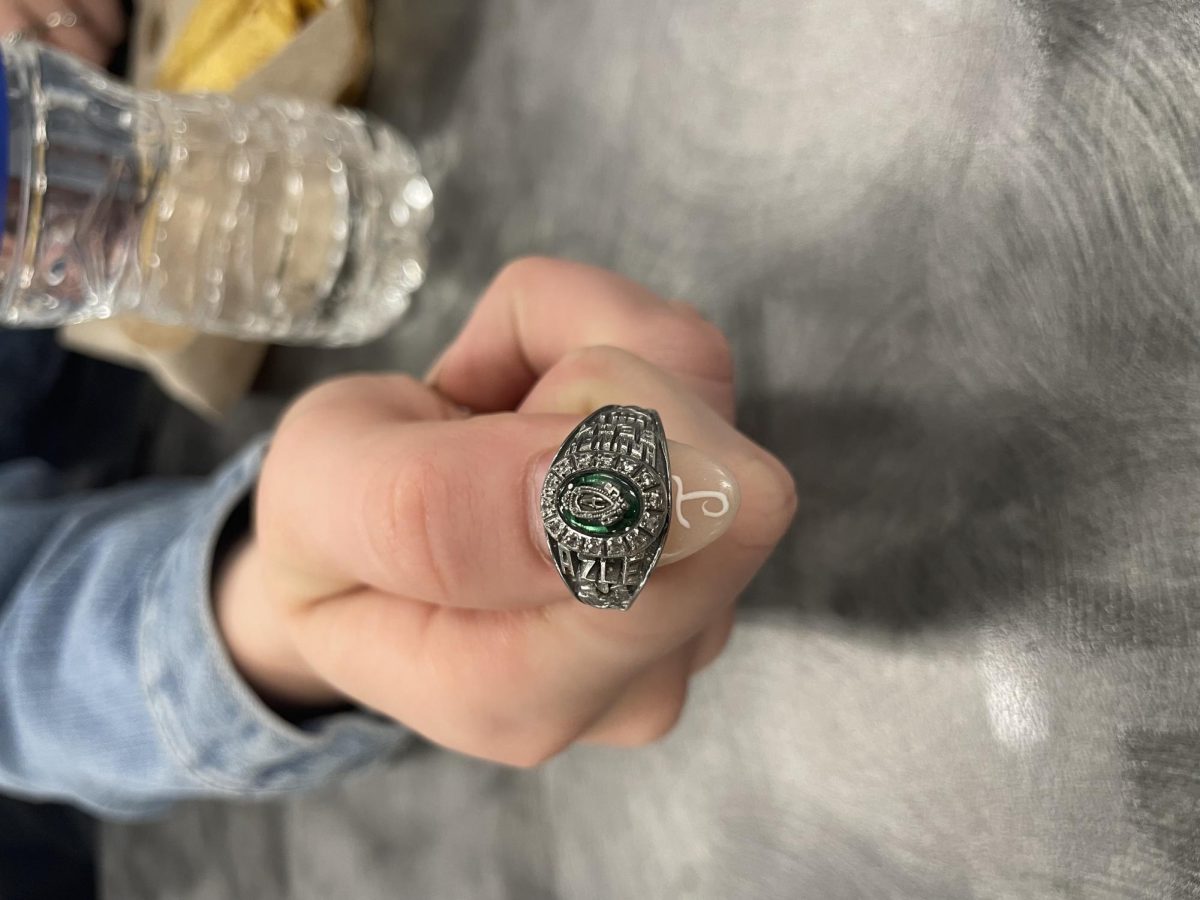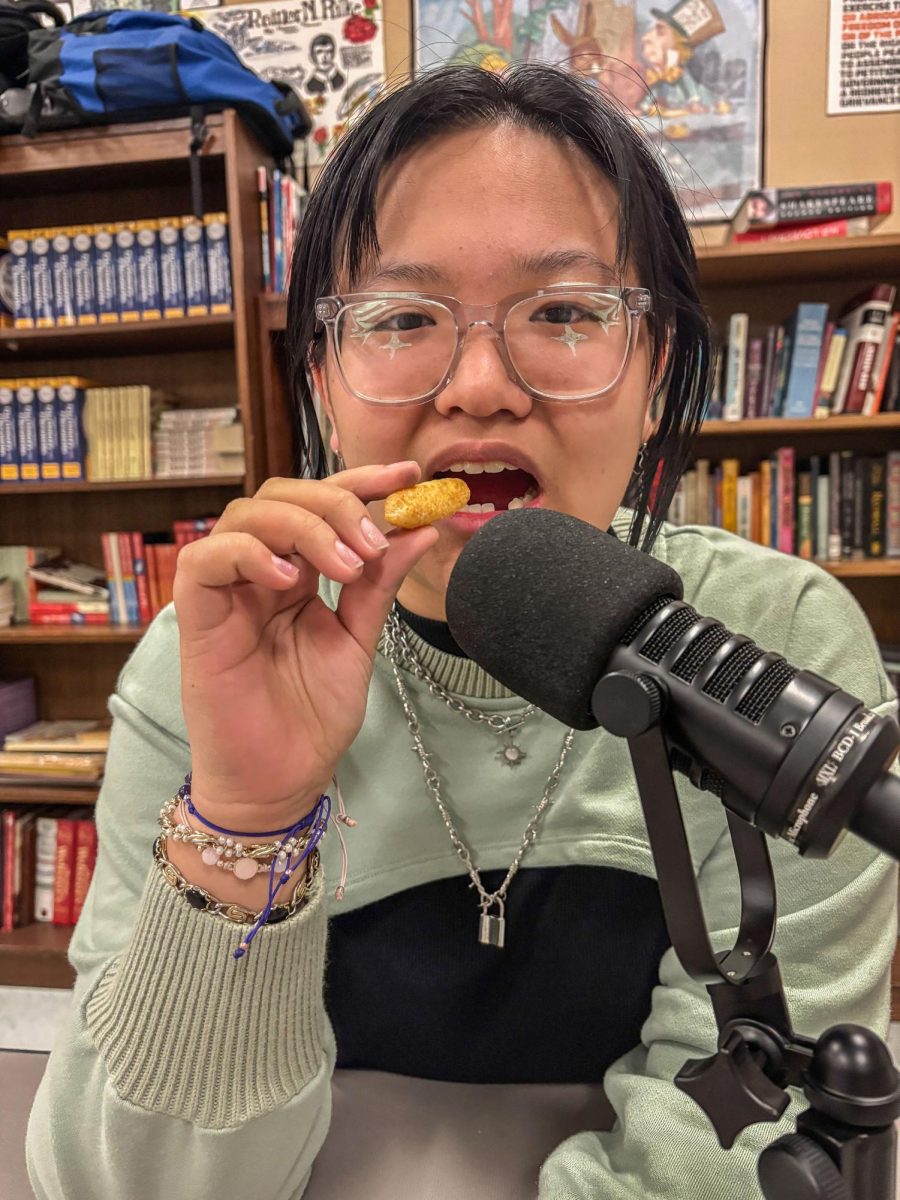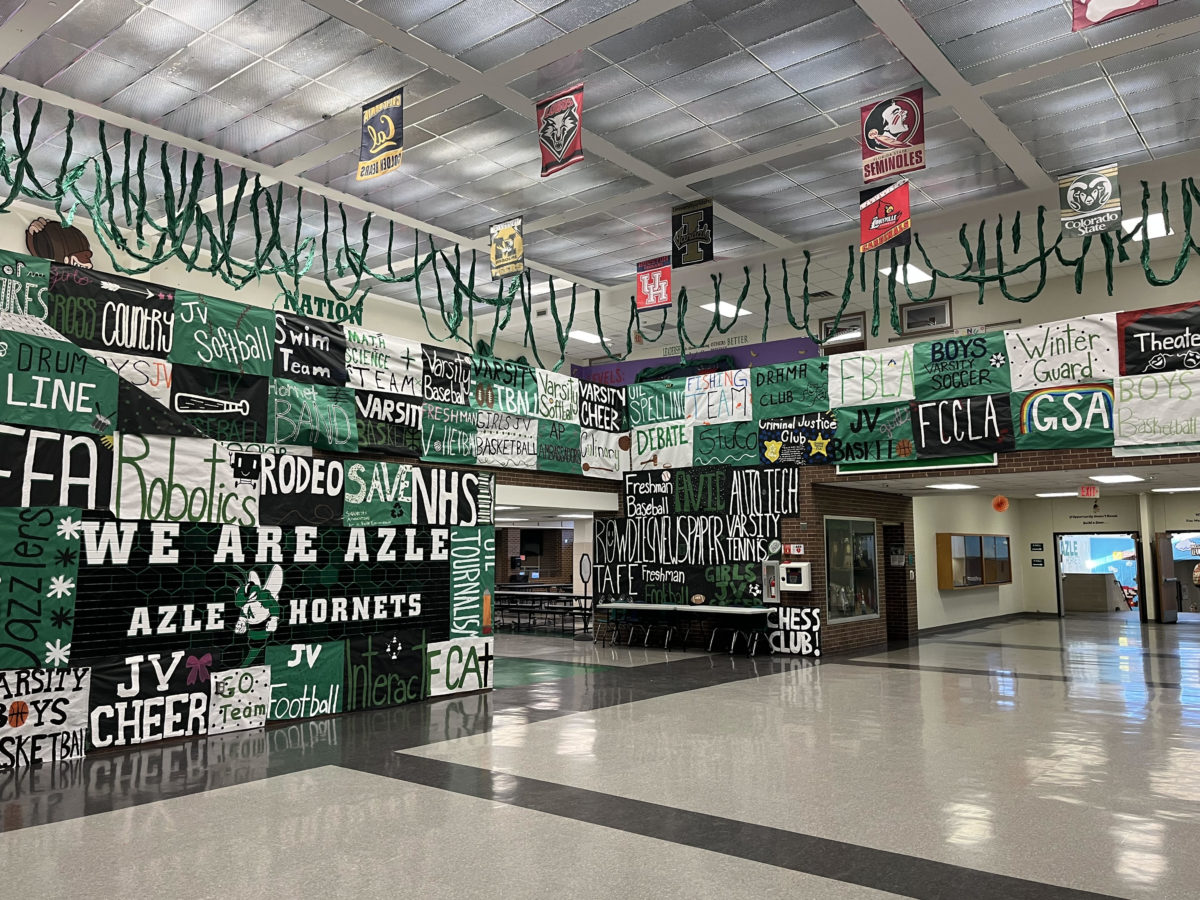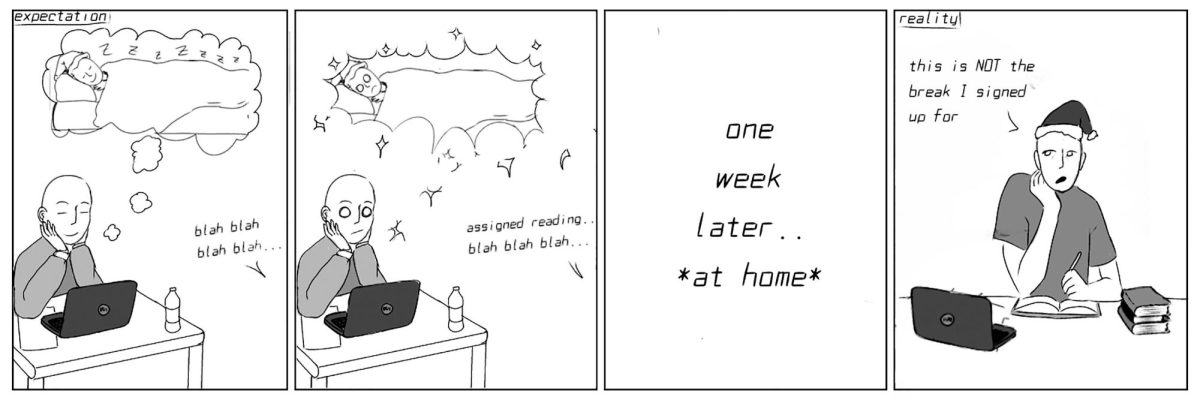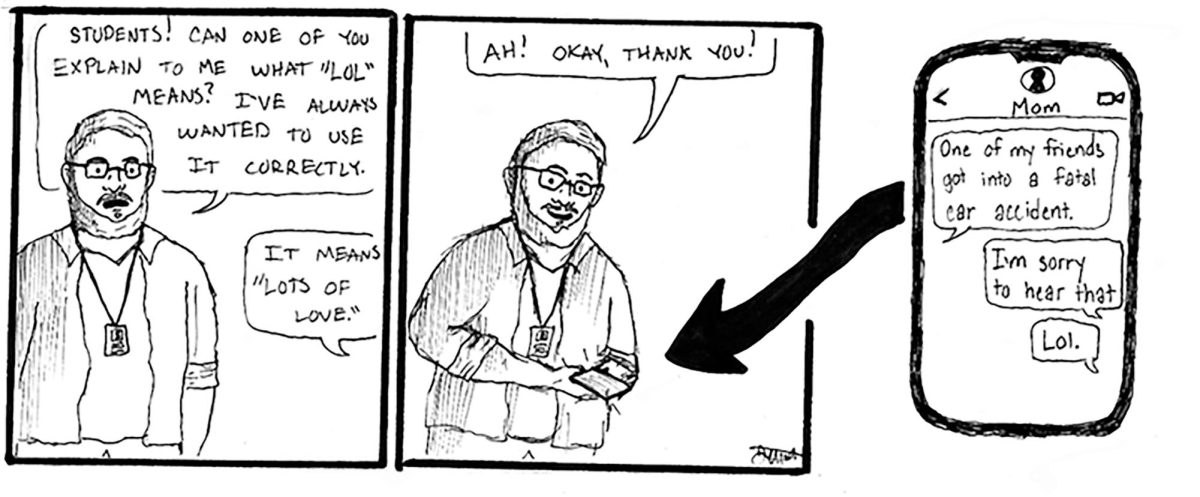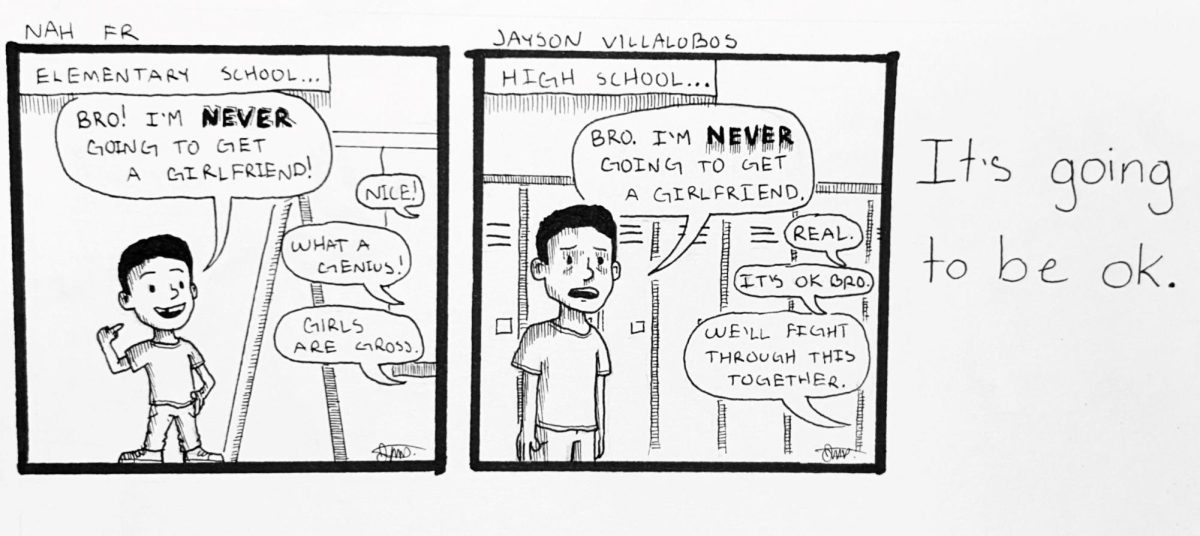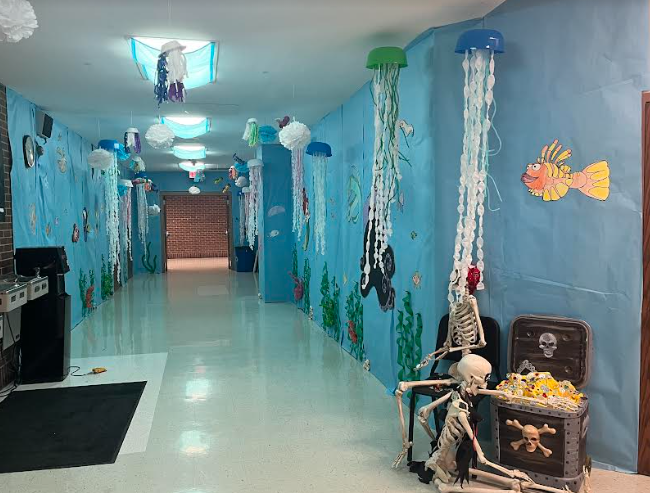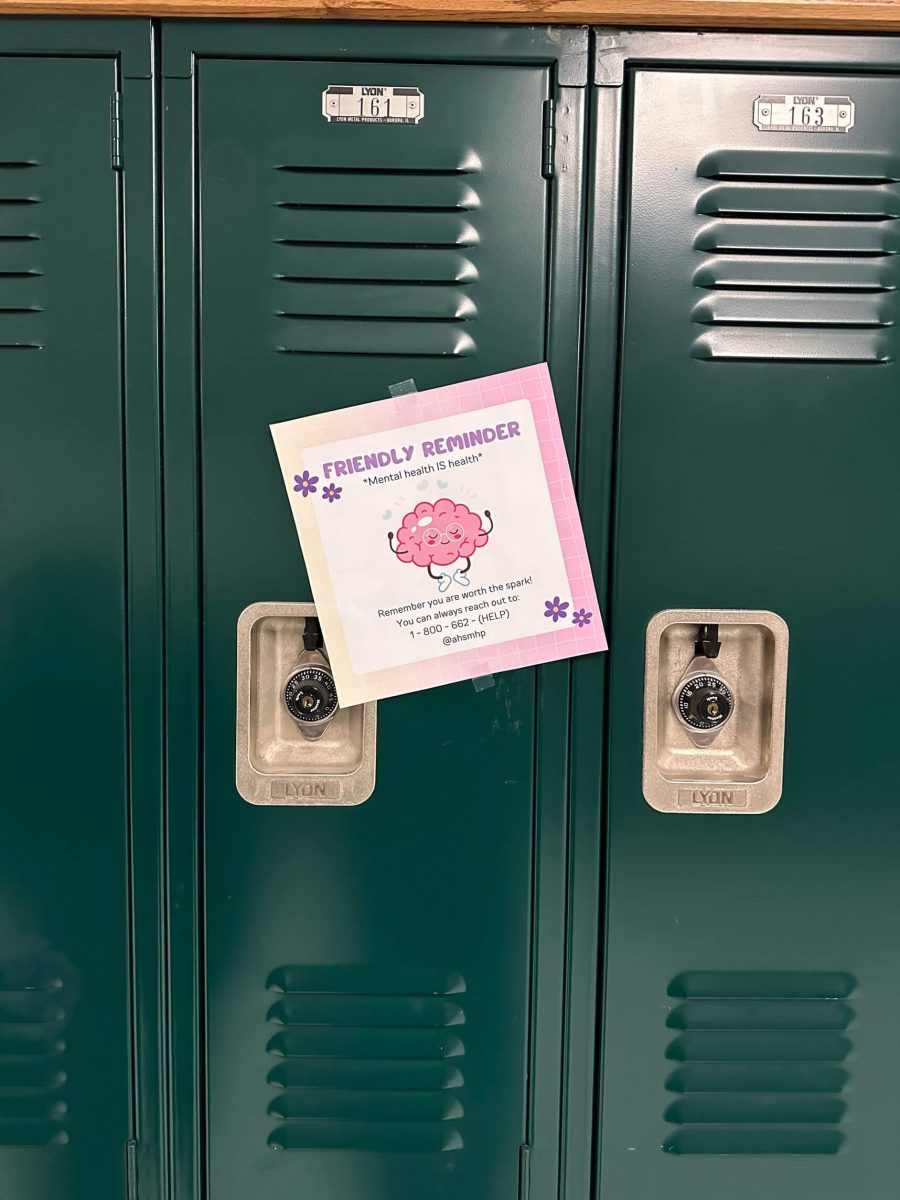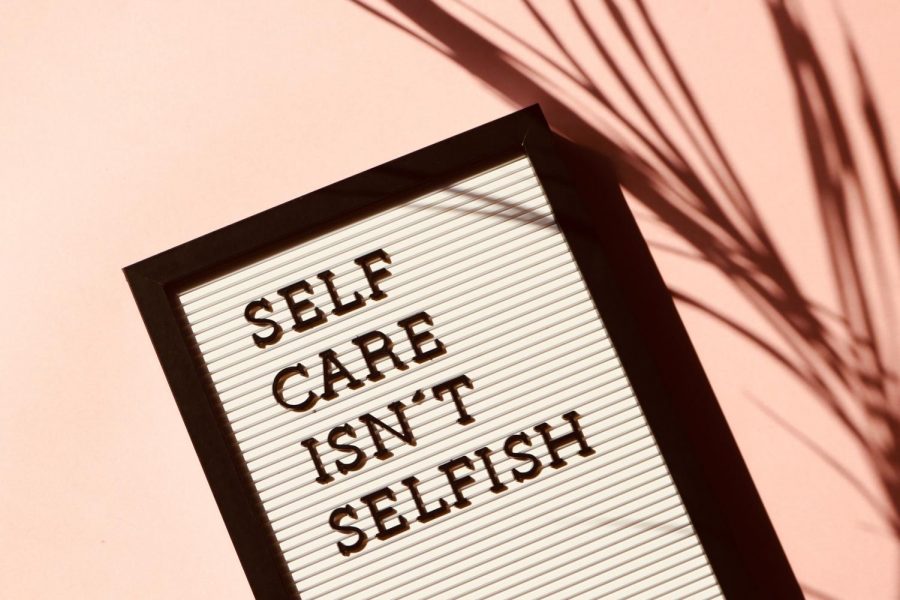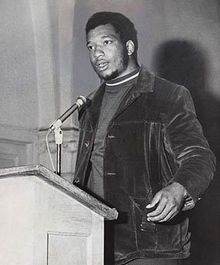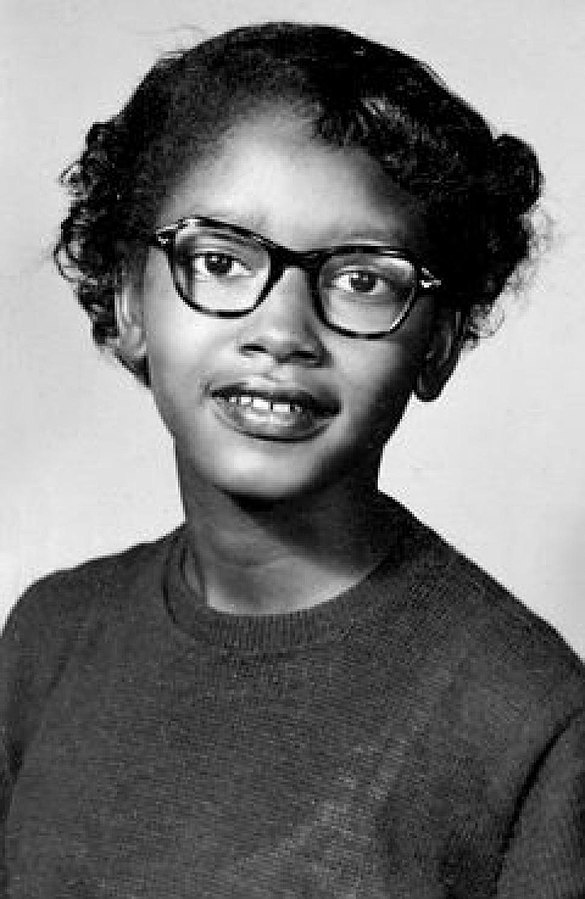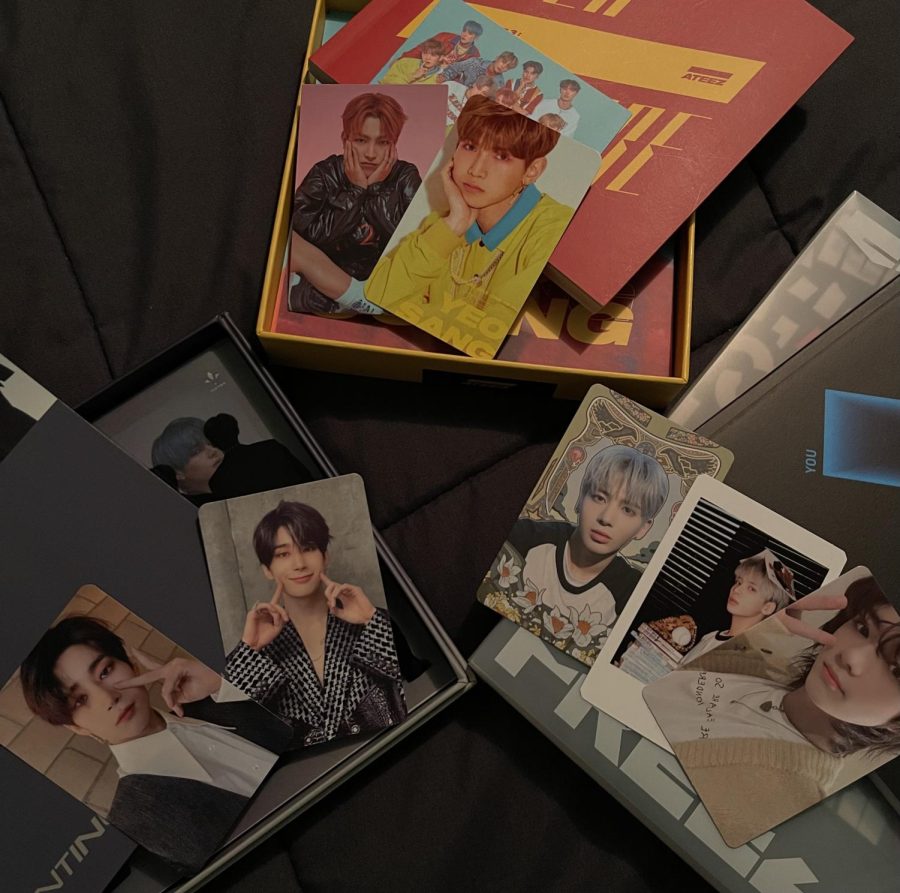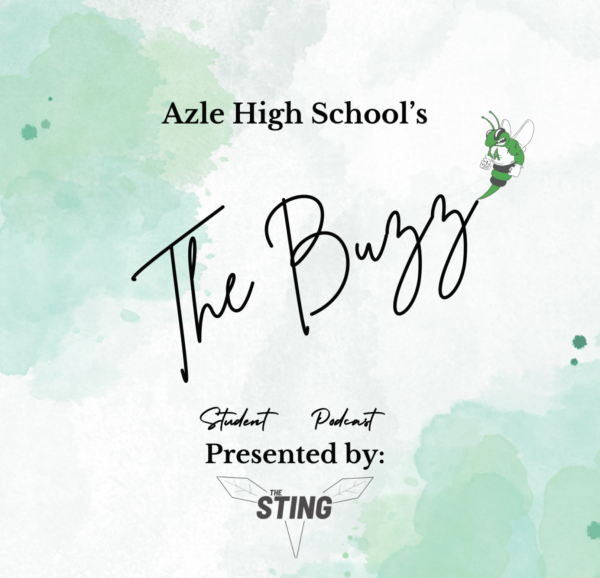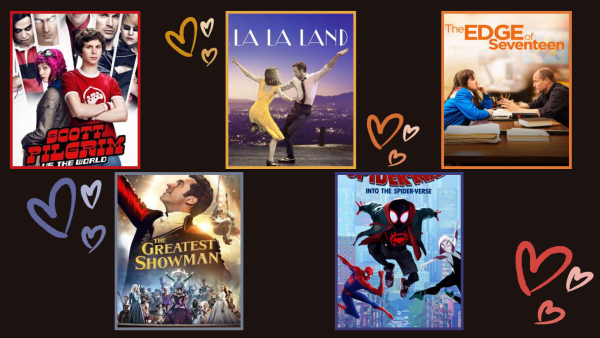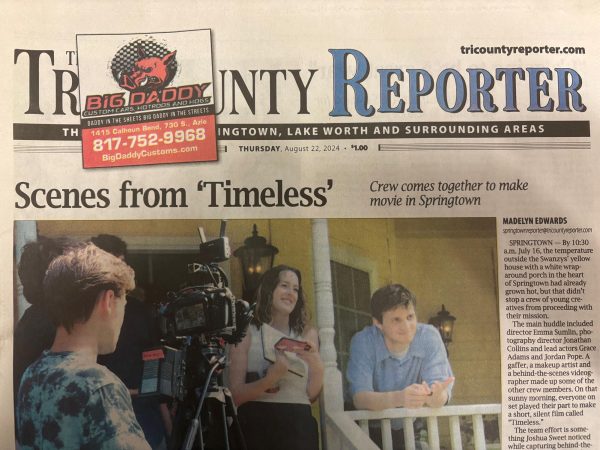The Forbidden Genre: K-Pop
VICTON, ATEEZ, and TOMORROW X TOGETHER (TXT) merchandise.
When someone asks me what music I listen to, I normally hesitate. Oftentimes, I say that I listen to anything, while knowing very well that K-Pop is my favorite music genre. I’m only hesitant because I’ve had my fair share of, “Ew, you don’t even know what they’re saying,” or, my personal favorite, “K-Pop fans are nuts.” This is where the stigma surrounding K-Pop comes to the surface. K-Pop isn’t just about obsession and perfection, because believe it or not, idols in the Korean music industry are actually talented, and everyone would know that if they wouldn’t be so quick to judge. There’s also plenty of different music genres in the Korean music industry, not just upbeat, quirky, cute music that people assume it to be.
Let’s dive into the varying talent in the Korean music industry. Here are some soloists and group members that are extremely talented and what they specialize in:
Byun Baekhyun is a soloist and member of EXO, and he’s a main vocalist for a reason. For proof, listen to “Bambi”, the title track of his third mini album.
Itzy’s Hwang Yeji, who is known for her skill in dance, is widely recognized as one of the best 4th generation dancers in K-Pop. For reference, watch her “Artist Of The Month” on Studio Choom’s Youtube Channel.
Kim Chungha is a Korean soloist who is known for her stunning vocals and dance. My personal favorites are the live stages of her song “Play” and her performance video for “Dream of You”.
Another incredibly talented idol is Lee Jooheon, Monsta X’s main rapper. He’s one of K-Pop’s most intense rappers thanks to the way he uses his voice and the speed of his verses. For example, in Monsta X’s song “Hero”, he fits fifty-nine syllables into eight seconds, which is about 7.4 syllables per second. In their song “Stuck”, Jooheon fits sixty-two syllables into eight seconds, which is about 7.75 syllables per second. One of my personal favorites is his verse in their song “Alligator”.
Finally, SEVENTEEN, as an entire unit, is known for their amazing stage presence and synchronization, meaning they know how to perform and make their live stages lively and enticing. For reference, watch their “Clap” and “Getting Closer” performances.
This handful of groups and idols makeup a very small percentage of the talent in the industry. Individual idols are even good at producing and composing music, some idols act while also making music, and some are talented in scenes that have nothing to do with music or fame. There is so much variety within the industry, and it’s not all about the forced perfection and looks they bring to the table.
Continuing on, K-Pop is a very broad genre, as it has tons of sub-categories. For example, K-Rock, EDM, K-R&B, K-Rap and Hip Hop, K-Ballads, and Dance are some of the most common sub-genres in the Korean music industry.
N.Flying and Onewe fall under the genre of K-Rock for the most part with songs like “Montage” by Onewe and “Video Therapy” by N. Flying. “Side Effects” by Stray Kids falls under EDM. Taeyeon, a popular soloist, has several ballads under her belt, such as “Here I Am,” while LeeHi has slower, softer ballads such as “Breathe”.
K-R&B artists make a statement with soulful songs, like “Oasis” by Crush and “Bonnie and Clyde” by DEAN.
K-Rap and Hip Hop artists are very prominent in the Korean music industry with music like “Is It Love?” by Sik-k featuring MOON, “Stagger” by CHEETAH, and “Jasmine” by DPR LIVE.
The Dance genre in K-Pop ranges from “Gashina” by Sunmi to “Up & Down” by EXID. This is a very refined list of the varying sub-genres in K-Pop. If you’re feeling a little funky and upbeat, listen to “Show Me” by Triple H. If you’re feeling a bit down and need a song to match your melancholy tones, listen to “Before The Dawn” by P1Harmony. Maybe you feel like listening to a song that will ground you in your confidence and get you through your day. If so, turn up “Lip & Hip” by HyunA and let the music carry you. Imagine you’re getting ready for a night on the town and you stumble across “Who Dat B” by Jessi, which gives you the perfect atmosphere to own your night. “Son of Beast” by TO1 is the perfect song to play in the car with your windows down while screaming the lyrics and having the time of your life. After the time of your life, your significant other says they want to break up, so you turn on “Flu” by HEIZE featuring CHANGMO and let the song portray your feelings.
Now, onto K-Pop fans. We’re not all crazy and obsessive, and we’re not all argumentative and stubborn online. Not all of us infantilize grown men and women or fetishize them. Not all of us believe that Korean celebrities in the music industry are “ours,” because that is on the crazy side. There are K-Pop fans that are that way and those are the people who give all fandoms a bad reputation. But if you think about it, every fandom has fans like that, including American fandoms. Fans of K-Pop are simply just enjoying the ride, like plenty of the other fans of certain artists are. I was always worried about people categorizing me because of my music taste, but no one should be judged that way as everyone likes what they like, and there’s nothing wrong with that.
And last but certainly not least, the Korean music industry can be intense and dehumanizing. Celebrities in the industry go through ridiculous amounts of training, diets, and even plastic surgery so that they fit the Korean beauty standards. Idols are oftentimes forced to be a certain weight and when they’re not, they’re ridiculed online. Idols take frequent hiatuses due to anxiety and other illnesses because they’re constantly in the limelight and being judged for every move they make. Kim Jonghyun and Sulli (Choi Jin-ri) committed suicide due to the harsh criticism and other unknown reasons.
Trainees go through survival programs that are ruthless and unwavering in the way they eliminate aspiring kids, because most of them are children. They’re willing to give up the rest of their childhood to make it in the industry. Idols have to be portrayed in a perfect fashion, otherwise they’re criticized for having messy hair or wearing something ‘too’ comfortable. Being a part of the Korean music industry is no easy feat, and it’s important to realize that idols are human too. All they’re doing is succeeding in the career they’ve worked so hard for, and there’s no reason to hate them for that. K-Pop is more than what the media makes it out to be. It’s music, and there are talented people behind the music. The people listening to the music aren’t crazy for liking it. They’re just fans.

My name is Angel Brown and I'm a senior. I'm a team editor and social media manager this year. Along with newspaper, I'm also in National Honor Society,...

